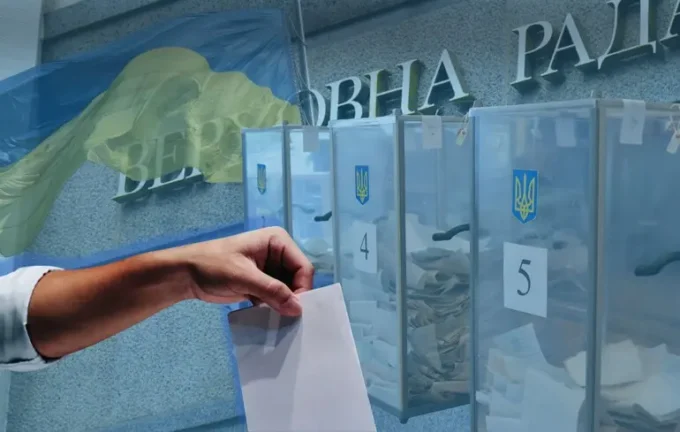Threat to Democracy: Analyzing Ukraine’s New Electoral Legislation Initiatives

The Verkhovna Rada of Ukraine has registered draft law №13464 for consideration, sparking significant public discourse due to its intentions to radically reshape the existing electoral process.
Although officially presented as technical amendments to the Electoral Code, its core contents and potential consequences signal steps aimed at increasing political party control over the parliamentary candidacy process.
A detailed analysis reveals that beneath the formal appearance lie radical changes that diminish voters' influence and strengthen political parties' role in forming the Verkhovna Rada's composition.
Notably, proposals include increasing the weight of closed party lists and reducing the impact of individual voter choices, effectively decreasing voter influence over specific candidates.
This move suggests a strategic shift to empower political forces at the expense of direct citizen input during elections.
Such initiatives have faced criticism from civil society and some parliamentarians, especially considering the uncertain prospects of conducting elections amid wartime challenges, demographic shifts, and infrastructural damages.
The bill also proposes procedural changes related to the redistribution of votes between regional and nationwide lists, potentially altering voting mechanics significantly.
Specifically, votes cast without specifying a candidate would be automatically allocated to the national list, enhancing parties' ability to promote preferred candidates—particularly via closed lists—where individual voter preferences become less relevant.
Furthermore, the document proposes expanding opportunities for 'guaranteed' candidates—those initially listed at the top of national lists—to also participate in regional lists, enabling parties to leverage recognizable figures to bolster regional support.
This raises questions about fairness and equitable regional representation, especially given the proposed formula adjustments for dividing mandates based on regional populations, which may not reflect actual demographic shifts.
Despite claims of aligning with European standards, the current proposals seem primarily geared toward consolidating party control, rather than ensuring transparent and fair elections.
In the context of ongoing war and internal upheaval, preparing for future elections must be systematic and transparent.
The bill, therefore, appears to serve political interests more than democratic principles, potentially limiting citizen influence and perpetuating existing inequalities.
As Ukraine navigates these turbulent times, public debate and careful scrutiny of election reforms are more critical than ever to secure democratic integrity.

